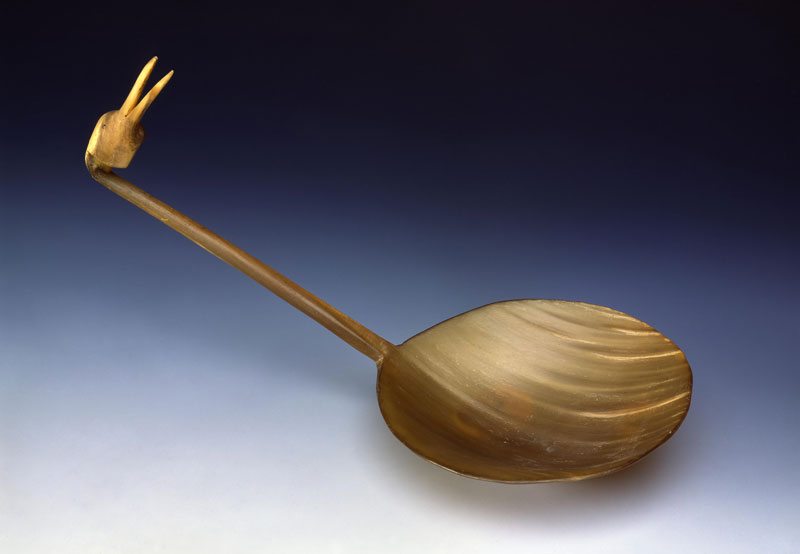A good book lingers after the final page is read and the binding is closed.
I just finished reading The Goldfinch, the Pulitzer prize-winning novel by Donna Tartt. In the story, a tween-aged boy (Theo Decker) suffers a terrorist attack in an art museum. His beloved mother is killed in the event. Amidst the wreckage and confusion, he stumbles across another victim, an old gentleman who implies through gesture that Theo should rescue from the wreckage a famous masterwork, The Goldfinch by Dutch painter Carel Fabritius. I’m not writing a book review so I won’t go into further detail. I will repeat that a good book lingers, and those lingering thoughts are what I want to share.
“…I finally came to the conclusion that I knew neither how to paint nor how to draw.” I have taken to heart this quote by Renoir, not perhaps in the spirit he intended. It’s my excuse. In true existentialist fashion, I believe I have something to offer, however humble. When I hear an artist say, “I create for myself; good for the soul” and all that—I think it’s being a bit disingenuous. While I’m a little uncomfortable labeling myself an artist (I can, after all, neither paint nor draw) I acknowledge that I am rewarded with enjoying the process of creation and certainly find it soothing to the soul. But I also hope that others will see something of value, something that touches them, in the work that I do.
Whatever the loss felt in Donna Tartt’s fictional world while Theo Decker’s (Fabritius’) Goldfinch was hidden away, there was an awareness that the painting had existed. The world was richer for that painting having once been in it. Similarly, if Emily Dickinson’s writings had remained undiscovered, the easing of her own soul through her writing would still have taken place, but the insight and beauty she brought to a wider world never would have. We can certainly bemoan the loss of great works of art—or even entire human cultures!—over the course of time but our awareness of these things gives us a richer, more diverse world than what we’d experience had they never existed or if we chose to ignore them.
Museums fill the role of sharing human creation with the wider world. It was in a museum where Theo Decker found the object that would haunt him for years to come. It was in museums where I first saw the objects (and met the people) that would inspire me. I understand the role private collectors play in perpetuating art—how many masterpieces might never see the light of day without them?—but it’s in museums where most of us experience these things for ourselves.







